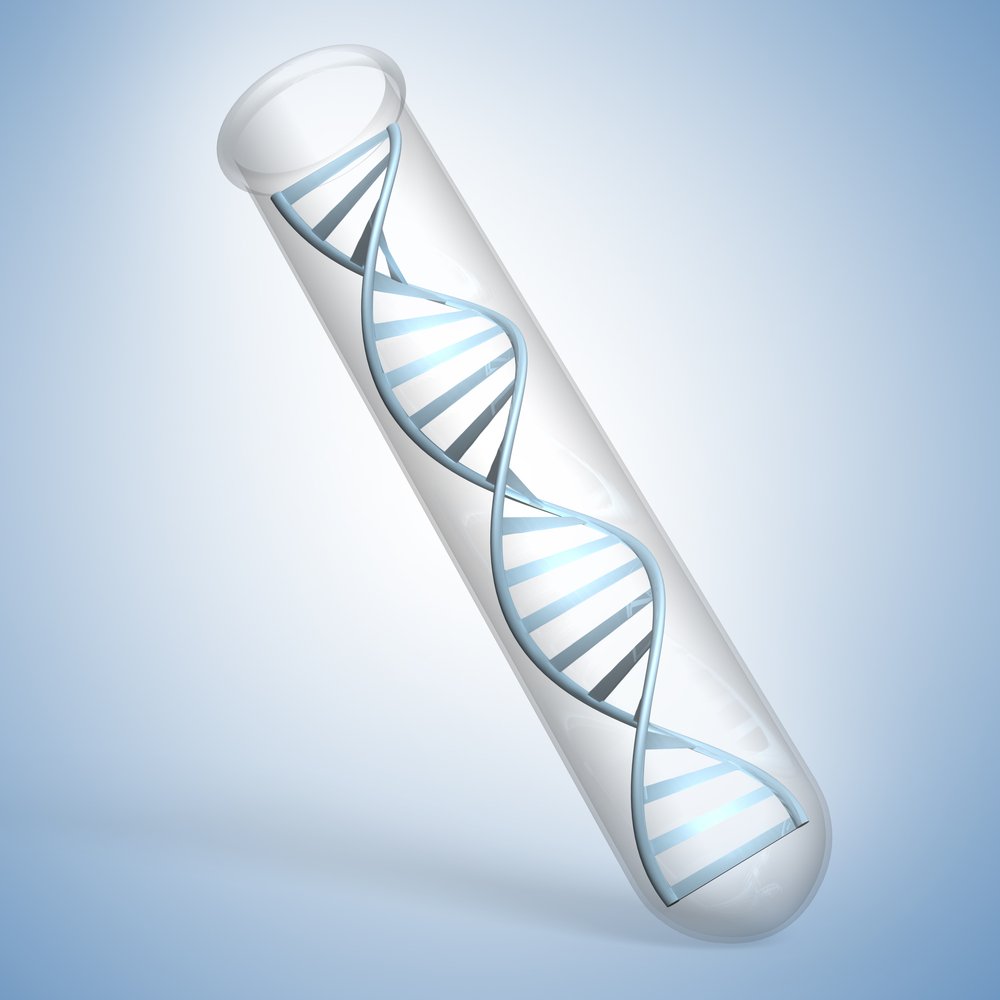Review Highlights Role of Specific RNAs in Angelman Syndrome, Other Neurodevelopmental Disorders
Written by |

A recent review highlights the latest findings on the role of a group of molecules called long noncoding RNAs (lncRNAs) in neurodevelopmental disorders such as Angelman syndrome.
The review, titled “Long noncoding RNA and its contribution to autism spectrum disorders,” was published in the journal CNS Neuroscience & Therapeutics.
Human DNA contains the information for the production of proteins necessary for cell function stored in the form of genes, but it also includes information for the expression of molecules that regulate protein synthesis, such as lncRNAs.
Long noncoding RNAs are a group of RNA molecules produced within cells that are believed to, among other functions, control the expression of certain genes, thereby controlling what proteins are produced and when. These molecules have a crucial role in the proper development of the central nervous system (CNS) and any deficits in their activity may lead to the development of autism spectrum disorders (ASDs) — the name given to a group of neurodevelopmental disorders that includes Angelman syndrome.
“Precise regulation of lncRNAs is essential to the development, maintenance, and function of the CNS; thus, deregulation of lncRNAs may play a critical role in neurodevelopmental disorders,” researchers wrote. “Many different kinds of lncRNAs have been reported to be differentially expressed in or associated with ASDs.”
According to the authors, one lncRNA associated with Angelman syndrome is called UBE3A-ATS. This molecule regulates the expression of UBE3A, the protein missing in patients with this disorder. Previous research has shown that both mouse models and patients with Angelman syndrome have high levels of UBE3A-ATS, which leads to reduced UBE3A protein expression.
Certain studies reported that decreasing UBE3A-ATS levels while promoting the expression of the paternal copy of UBE3A may become a feasible therapy for patients, but other findings suggest that the regulation of UBE3A levels in neurons may be more complex than expected and not limited to UB3E-ATS regulation.
Studies have also suggested that lncRNAs are implicated in the development of other neurodevelopmental disorders, such as Down syndrome, Rett sundrome, Prader-Willi syndrome and other disorders with autistic traits.
“The involvement of lncRNAs in neurodevelopmental and neurodegenerative disorders and other neurological diseases further illustrates their important role in CNS development and function,” researchers wrote. “However, research on lncRNAs, especially in CNS development and neurological disorders, is still in its initial stages.”
Researchers called for more studies assessing lncRNA-mediated mechanisms, how and when these molecules are expressed during development, and how lncRNAs may participate in pathogenetic events leading to neurodevelopmental disorders.





